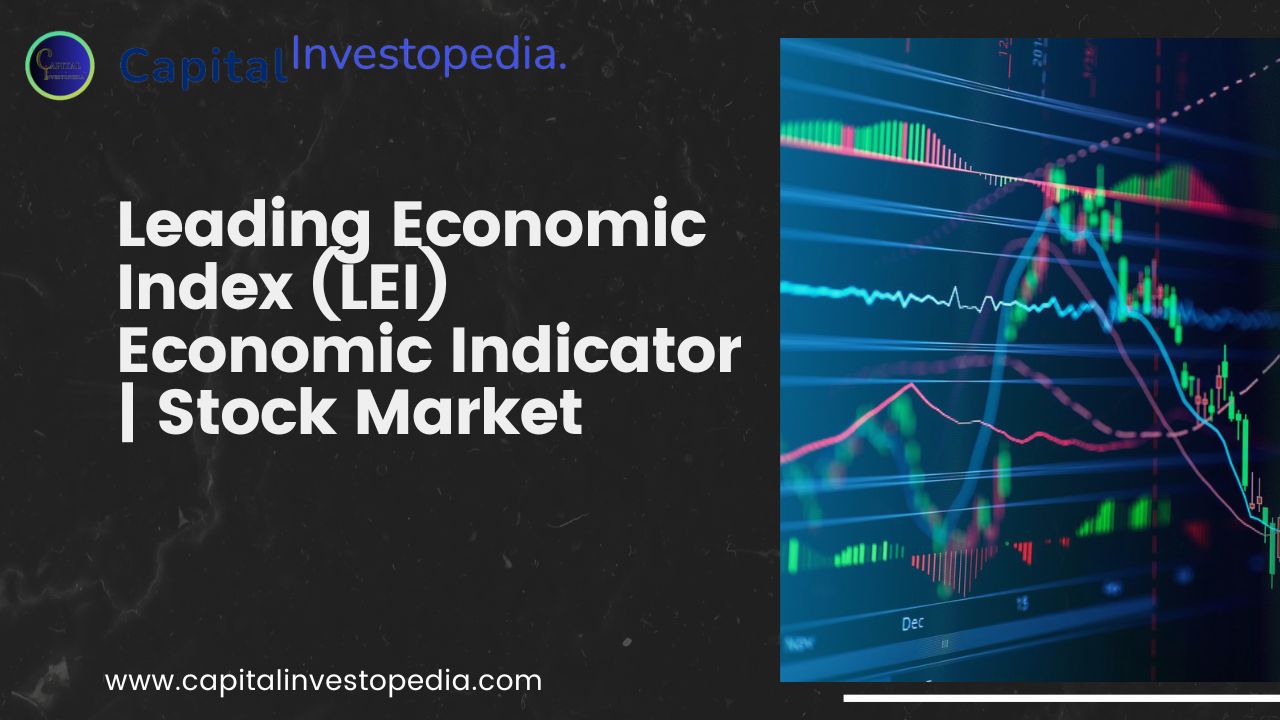The Leading Economic Index (LEI) is a composite economic indicator designed to signal peaks and troughs in the business cycle. It comprises several components, including average weekly hours worked in manufacturing, initial claims for unemployment insurance, manufacturers’ new orders for consumer goods and materials, and various other indicators.
As a forward-looking indicator, the LEI aims to provide insight into the future direction of the economy. Economists and investors often pay close attention to changes in the LEI because shifts in this index can offer clues about the direction of economic growth. For example, if the LEI starts to decline, it may suggest that economic activity is likely to weaken in the coming months, potentially impacting various sectors including the stock market.
In terms of the stock market, changes in the LEI can influence investor sentiment and expectations about future corporate earnings and economic conditions. If the LEI shows signs of improvement, investors may become more optimistic about the economy’s prospects, leading to increased demand for stocks and potentially driving stock prices higher. Conversely, a decline in the LEI could lead to concerns about economic growth, prompting investors to sell stocks and causing prices to fall.
Overall, while the LEI is just one of many indicators that economists and investors use to assess the health of the economy and make investment decisions, it plays a crucial role in providing insights into future economic trends and their potential impact on the stock market.




